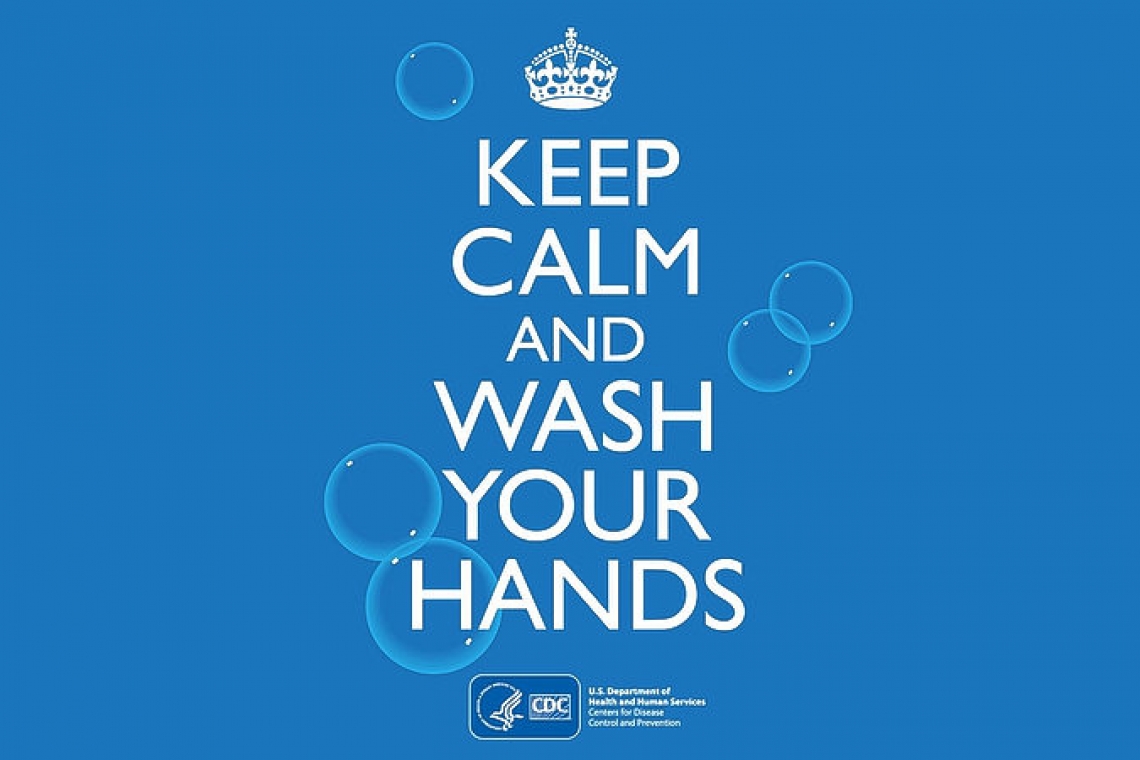~ Prepared, not panicked ~
Things are changing around us very quickly and that can be scary – BUT we know what to do: be prepared not panicked.
People are taking all sorts of safety precautions in response to a new virus that has spread all over the world: COVID-19, which is a “coronavirus”. Some of these precautions are absolutely necessary, even if we don’t like them. Other measures don’t really make sense, and we’ll talk about that here.
The GOOD NEWS is that the BEST thing you can do to be safe, is to wash your hands PROPERLY (for 20 seconds) and OFTEN, with simple soap and water. We already know that this is important, but we have to do that more often now.
We have to get used to a new normal: schools are closing, there are restrictions to travel, and we don’t really know what will happen next. However, we can work with what we do know.
The reason schools close and fun activities and events are cancelled (like Dutch St. Maarten carnival) is because we don’t want many people coming into close contact with each other. That way, we can limit the spread of the new virus.
That’s very important for the whole community. While most people (around eight out of 10) will not need to go to the hospital if they catch the virus, if it spreads, there can still be too many people that need the hospital at the same time. If we have too many sick people at the same time, then many of them would not get proper treatment, and we want to prevent that from happening. This is what people are talking about when you hear the phrase “flatten the curve”.
You’ll also be hearing the phrase “social distancing”. That simply means “keep a safe distance from others as much as possible”. So (just for a while) we don’t want to share hugs, kisses and handshakes when we greet each other. In fact, staying home is the best for now.
Even people without symptoms, or with very mild symptoms, can spread the virus, which is why the government wants as many people as possible to simply stay home.
The virus spreads through coughing and sneezing (just like other sicknesses) or by touching a contaminated surface, and then touching your face. That’s why we should all cover coughs and sneezes, avoid other people that are sick, wash our hands properly and often, clean surfaces that we touch often, and avoid touching our faces. If soap and water are not available, you can use a hand sanitizer (with an alcohol content of at least 60%).
You better believe it: we touch our faces alllllllll the time, without even realising it. You might lean your face on your hand when you’re bored, wipe hair or sweat off your face, rub your eyes, pick your nose, or put your fingers in your mouth. Avoid doing these things, and make sure other kids like your brothers or sisters do the same!
These measures are what we really need to do, and do well. There is a lot of other “advice” going around, especially on social media, but much of it is not true and some “tips” can even be harmful. So, don’t believe everything you hear, and always check sources such as the World Health Organization (WHO) so that we can take steps that make sense!
Ask an adult to go to the WHO website with you, and together you can find all sorts of information, including updates, videos, answers to common questions, and cool “myth busters” – https://www.who.int/emergencies/diseases/novel-coronavirus-2019. Our local government will also provide updates about our area in the newspapers and on the radio.
Let’s stay positive and safe!







